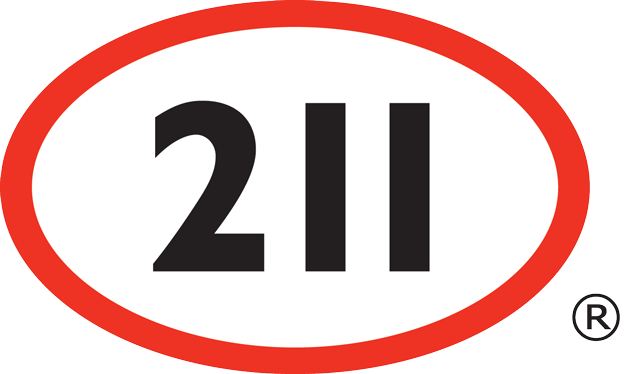Senior-Aware program: prevent abuse and fraud
The main goal of these Senior-Aware information sessions is to promote discussion and encourage reflection through the presentation of videos on various key notions relating to abuse and fraud against seniors. The use of the tools especially elaborated for the program helps establish a portrait of abuse while providing prevention advice.
Since being launched in 2010, more than 45,000 people have attended Senior-Aware information sessions. Throughout the province, awareness to prevent abuse has been raised among more than 225 trainers, as well as, 603 counsellors, thanks to the video capsules produced particularly for the program. Also, in order to meet the project’s goals , one of which is to reach out to the most vulnerable and isolated seniors, the tools used, already available both in French and English, have been adapted to the original language of seniors from the Italian and Atikamekws communities.
Spurred by the success of their collaboration, the Réseau FADOQ, the Sûreté du Québec and the University affiliated centre of social gerontology of West-Central Montreal Health, who have worked together to launch the Senior-Aware program, are maintaining their efforts in combining their expertise to offer senior citizens information sessions that provide targeted audiences with a wide range of practical advice. These conferences are offered for free and directly in the seniors’ living environment. One of the specificity of the Senior-Aware information sessions is that they are led using a unique formula combining the expertise of a professional and the experience of senior volunteer.
An information tool especially elaborated for the program gathers an information guide on abuse and fraud, an animation guide, a DVD containing five videos, as well as, an information brochure. The content of this guide is inspired by the ABC of Fraud program, the Pratique de pointe pour contrer la maltraitance envers les aînés by the University affiliated centre of social gerontology of West-Central Montreal Health, and the program Vieillir en liberté en toute Sûreté, from the Sûreté du Québec. It has also been enriched by the contribution of other experts in the field of abuse and fraud.
For more information on the program and to obtain advice on living alone and safely, visit the website of the Réseau FADOQ:








